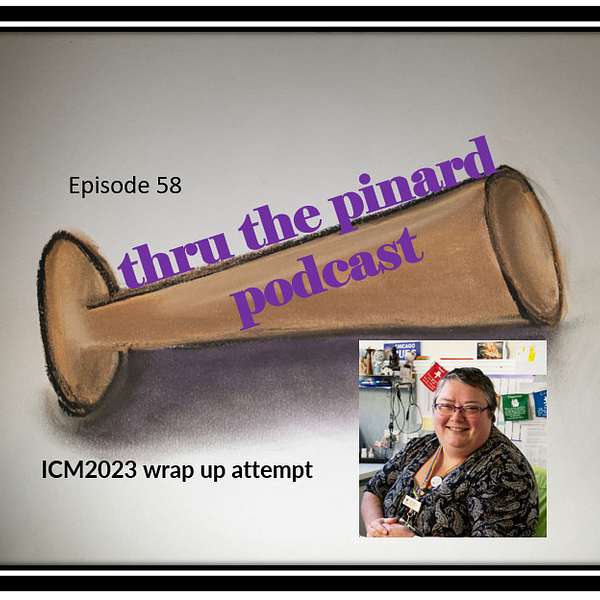
thru the pinard Podcast
a conversational podcast with @Academic_Liz with midwives & other birth professionals about their studies/ research & how it's changing our practice globally - email thruthepinard@gmail.com
thru the pinard Podcast
Ep 58 ICM2023 wrap up attempt
•
@Academic_Liz
•
Season 3
•
Episode 58
message me: what did you take away from this episode?
Ep 58 (ibit.ly/Re5V) Liz McNeill attempts to wrap up ICM Bali2023
@PhDMidwives #MidTwitter @world_midwives @MidwivesACM #ICM2023
#research #midwifery #Lisbon2026
Do you know someone who should tell their story?
email me - thruthepodcast@gmail.com
The aim is for this to be a fortnightly podcast with extra episodes thrown in
This podcast can be found on various socials as @thruthepinardd and our website -https://thruthepinardpodcast.buzzsprout.com/ or ibit.ly/Re5V